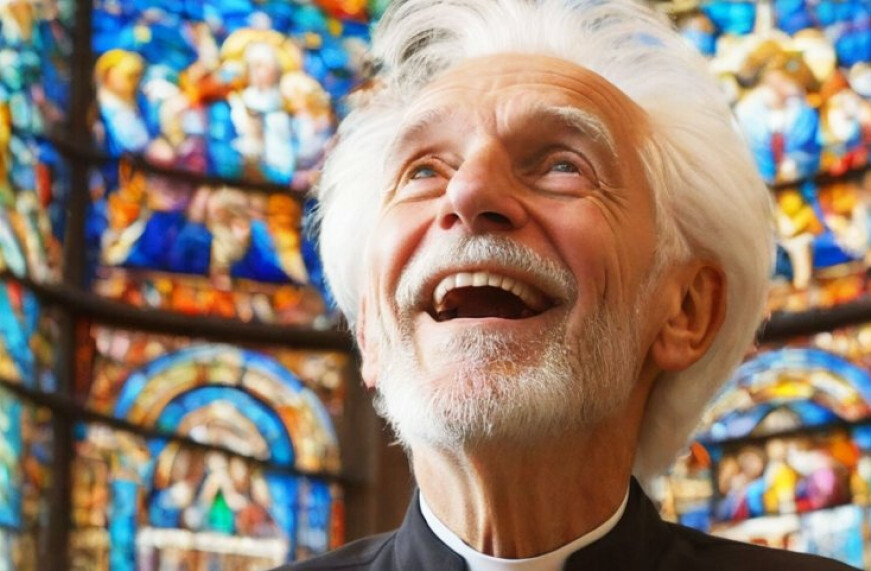Balance Brings Peace

The Church is the Body of Christ. It is the collection of all of us working together.
The early Christians, the beginning of the Church, lived this quite completely as it truly was a matter of survival for them. They provided for one another's needs, supported one another in every way and learned from one another. That doesn't mean that they always agreed, but they remained kind anyway because their success in maintaining Jesus’s mission depended upon it.
They understood the greater mission - to be there for one another for God's sake. This is the fundamental understanding of stewardship - to give of your gifts to support your fellow brothers and sisters in Christ. Catholic schools, hospitals, orphanages, and all manner of missionary work is rooted in the concept that we are the Body of Christ.
The secular culture grabbed on to this with the phrase, "It takes a village." Indeed, everyone working together results in something greater than the individual parts. This can apply to any situation where people must work together as a team.
I am keenly aware of this as the instructional leader of the school. Teachers and parents, parents and students, students and teachers, etc. - all important interconnected parts that serve to bring about success in school. Interconnected parts that serve to assist each one in being the best version of itself. Interconnected parts that require balance. Balance brings peace.
Each of us has been gifted with our own set of strengths and limitations. Together, we balance each other out. We need each other to bring peace by respecting how the other parts of the body contribute to the whole.
Let us never forget that we are all working to inspire minds, develop character, and seek Christ so that we may know Christ, and become Christ, each one for the sake of all.


